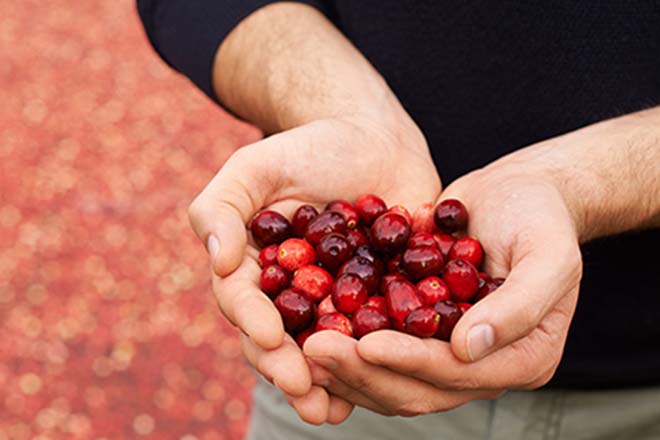How farmers and ranchers can legally save on payroll taxes
Need a tax break? Farmers and ranchers have two legal options to lower their payroll taxes.
Payroll taxes
Wages are subject to the Federal Insurance Contributions Act (FICA), also known as the U.S. federal payroll tax. Employees’ contributions are typically deducted from their paychecks, and the employer pays a percentage of the total wages, which gets split between Social Security and Medicare.
Because these taxes apply to employees and employers, there are relatively few ways to lower FICA, aside from lowering your W-9 headcount. However, paying employees in goods and hiring your children could help you lower your tax liability.
Paying in goods versus cash
Typically, wages paid in the form of crops or livestock rather than cash aren’t subject to FICA for the employer or the employee. Keep in mind:
- Employees should bear risk: Goods must be transferred to the employee, and in a form where the employee bears risk. Risk could include market fluctuation, death or disease, depending on the commodity.
- Documentation is key: In case of an audit, thoroughly document in-kind wages. Note the market price of the goods on the day they were transferred to the employee, the quantity and kind of commodity, and the transaction date. In-kind exchanges are easy to miss since they don’t go through a checkbook — which makes the paper trail extremely important.
- Remember to file payroll reports: You are required to report commodity wages, even though they are not subject to payroll taxes. Year-end W-2s and Forms 943 must be filed.
Hiring your children
Children under 18 may be hired by their parents and paid cash wages that are not subject to FICA taxes, if your farm is a sole-proprietorship or partnership. Payroll reports must still be filed, and wages are reported on a W-2.
Reasons to pay into FICA
While a lower tax bill can be helpful, there are also good reasons for producers to pay into FICA:
- Earned Income Tax Credit (EITC): For employees with modest incomes, wages subject to FICA could make them eligible for an EITC.
- Section 199A deduction: For many taxpayers, business wages that are subject to FICA could increase their section 199A deduction.
- Retirement and disability benefits: Not paying payroll taxes reduces social security retirement benefits for employees and could make them ineligible for disability benefits.
Carefully consider the needs of your employees and try to balance them with the needs of the business. A tax advisor can help you choose the right strategy and stay in compliance with tax laws.
How Wipfli can help
Not sure if your payroll strategy is sound? We can help. Wipfli has deep experience and knowledge in agriculture and tax, and we can help you find a compliant, tax-advantaged solution. Contact us today.
Related content:



